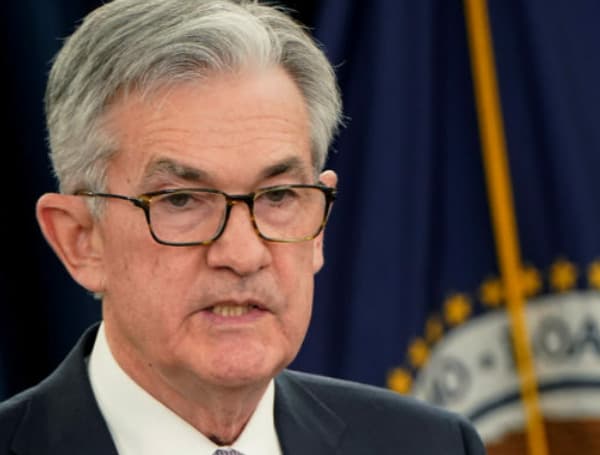Harry Wilmerding
The Federal Reserve is likely to shift away from its pandemic era stimulus programs as inflation continues to soar and unemployment falls.
The Fed, under the leadership of Jerome Powell, signaled that it would wind down its bond purchasing stimulus brought on as a result of the COVID-19 pandemic by March 2022, ahead of the earlier scheduled June date, The Wall Street Journal reported.
Accelerated tapering is expected to trigger interest rate hikes, according to the WSJ. The central bank is set to meet Dec. 14-15, after which a more concrete plan is reportedly slated to be announced.
Accelerated tapering and faster than anticipated interest rate hikes signal a Fed pivot to combat surging inflation rather than an attempt to bring employment back to pre-pandemic levels.
“You’ve seen our policy adapt, and you’ll see it continue to adapt,” Powell said during a Senate Banking hearing on Nov. 30.
“We now look at an economy that is very strong and inflationary pressures that are high and that means it is appropriate” to accelerate tapering, Powell added when asked by Republican Louisiana Sen. John Kennedy when asked about that possibility.
Inflation soared to a 30-year high in October, with the consumer price index growing over 6% on a year-over-year basis. November’s inflation data is scheduled for release on Dec. 10.
The U.S. economy added just 210,000 jobs in November, well below experts projection of over 500,000, the Bureau of Labor Statistics announced Friday. Additionally, unemployment fell to 4.2% in November, down from October’s 4.6% figure.
Meanwhile, Powell acknowledged that the new Omicron variant could increase inflation concerns and weaken the recovering labor market.
“The recent rise in COVID-19 cases and the emergence of the Omicron variant pose downside risks to employment and economic activity and increased uncertainty for inflation,” Powell wrote before his Senate Banking hearing on Nov. 30.
“Greater concerns about the virus could reduce people’s willingness to work in person, which would slow progress in the labor market and intensify supply-chain disruptions,” Powell said.
Check out Tampafp.com for Politics, Tampa Local News, Sports, and National Headlines. Support journalism by clicking here to our GoFundMe or sign up for our free newsletter by clicking here.
Android Users, Click Here To Download The Free Press App And Never Miss A Story. It’s Free And Coming To Apple Users Soon.

